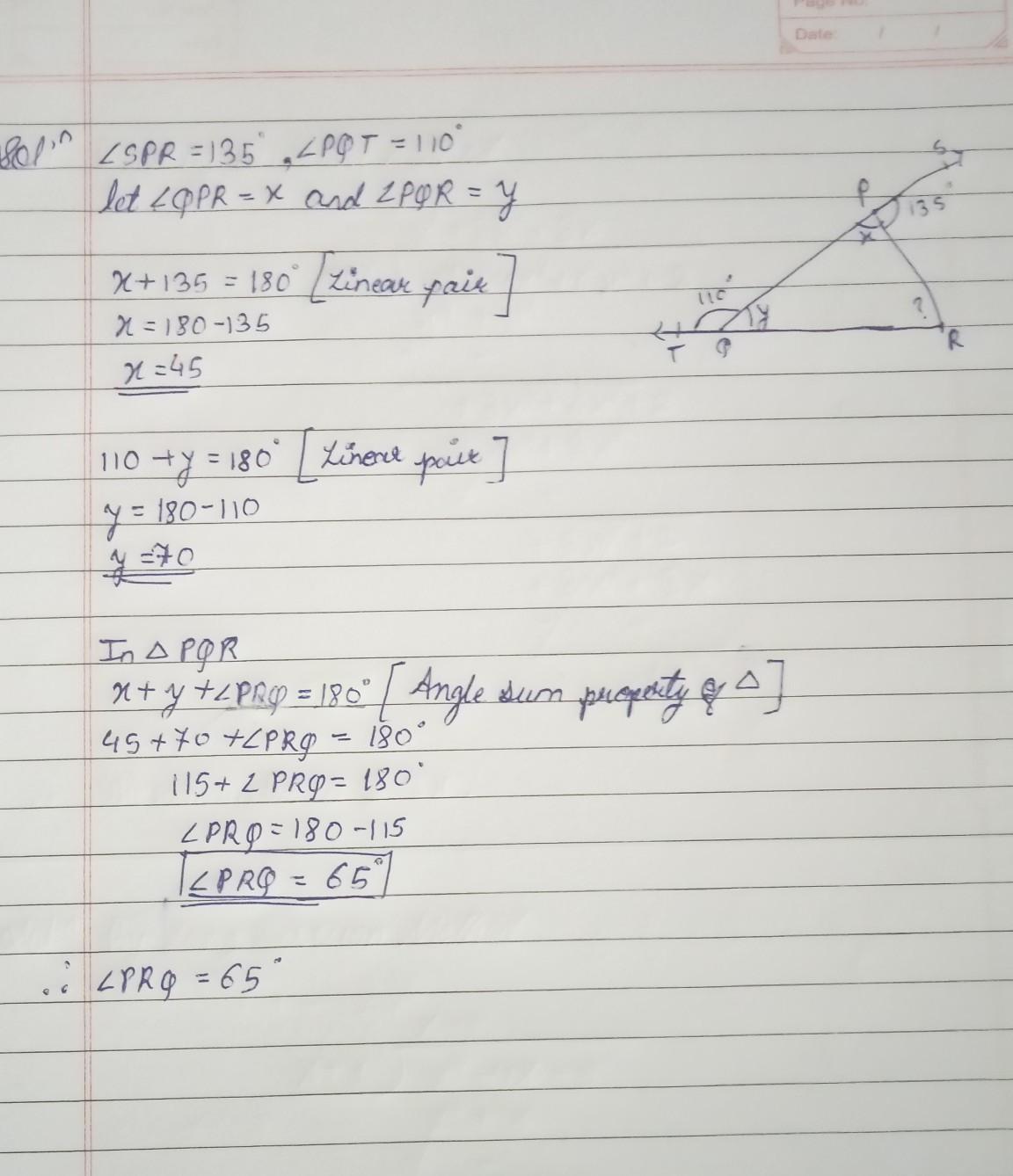Answer:
Things that have become a simple everyday task here would be considered such a chore back home. Hand washing all our clothes every evening, scrubbing them until our hands our red raw, boiling the kettle about ten times to get enough water to fill the buckets,and also washing ourselves with a simple bucket and soap. Spending the evenings sitting on the porch for hours on end, watching the moon rise higher into the night sky. Walking 3km to school and 3km back everyday in the 40’c heat and under the scorching sun no loner seems a big deal.Living without running water and at times, without electricity, is simply a way of life at this stage. In a land where water is precious and reigns all, its magnitude of importance is hard to comprehend. The town can ‘run out of internet’ and not bat an eyelid, everyone goes on as if nothing has happened, nothing of value has been lost. However, you take away water and life ceases to exist. The river has totally dried up, and all fish and plant life have disappeared.One can see children as young as 4 or 5 carrying over sized canisters filled with water for miles on end, carrying the precious resource back to their village. Conservation of water is essential and their skill at maximizing utility couldn’t be better. We too are learning fast. Wash your body but not always your hair. Recycle that water by using to flush the toilet at the end of the day. Same goes when washing clothes – this powdery water can always be used again.
At home it is a simple commodity one takes for granted most of our lives. We throw it away, flush it, take hour long baths or showers, fill up swimming pools or hot tubs, use it to water our gardens. But have we, have YOU, ever thought about life without water? Would we survive? Probably not, considering 2 billion people all over the world are suffering from a variety of illnesses, many life threatening, due to lack of access to water on a daily basis.
Wow I imagine Haiti must have been an amazing experience. we have learnt a lot about it in our classes, as many of our lecturers went out there to do initial assessments after the earthquake. 7 litres a day is supposed to be the absolute minimum per person but that is often impossoble to achieve. Water quality is also so important in preventing the spread of disease, while there may be water there is no guarantt that it is clean. :(
Comments are closed.
Quick Links
Home
About
Contact us
Privacy Policy
Recent Posts
The Best Cruises for Families | Kid Friendly Cruise Lines 2022
New Delhi India
Places To Visit in Northern India in 2 Weeks
montenegro-aerial-view
7 Reasons to Visit Montenegro
Lake District dusk view
Best Places to Stay in Lake District | 3 Amazing Areas You’ll Love
6 Tips for Riding the New York City Subway like a Pro
Popular Posts
How To Start A Travel Blog
50 Unique Things To Do in Ireland
50 Unique Things To Do in Switzerland
21 Unique Things To Do in Paphos, Cyprus
50 Unique Things To Do in South Africa
(C) COPYRIGHT 2022 - JOURNALIST ON THE RUN | ALL RIGHTS RESERVED
Exclusive Member of Mediavine Travel
Close ad


